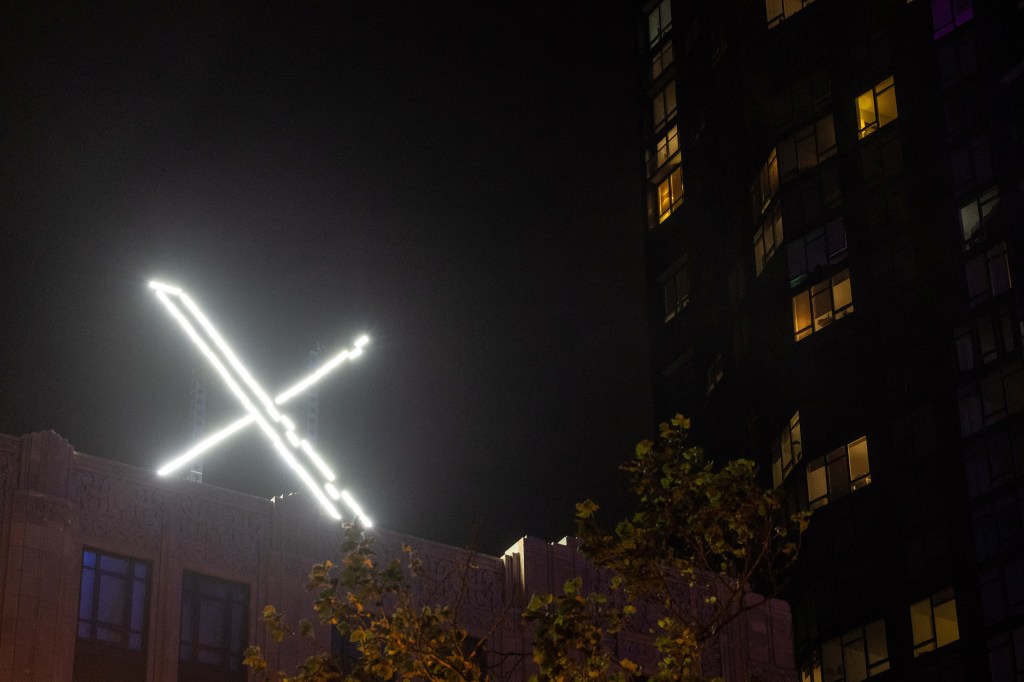Istanbul, August 27, 2024—The Committee to Protect Journalists urges X, formerly Twitter, site administrators not to comply with a Turkish court’s order to block accounts belonging to several journalists and media outlets.
“Turkish authorities continue to practice the ‘virtual patrolling’ and censorship of social media users under the false guise of national security,” said Gulnoza Said, CPJ’s Europe and Central Asia program coordinator, in New York. “The request to block access to multiple X accounts, including those of journalists and media, will have a negative effect on press freedom in Turkey, where media have already worked under constant government restraints.”
On August 20, a criminal court in the northeast city of Gümüşhane ordered 69 X accounts, including those of at least three journalists and a media outlet, to be blocked from access inside Turkey. The court ruling was issued in response to request by the local military police to stop “terrorist organization propaganda,” according to reports. The court document, reviewed by CPJ, did not specify the nature of the alleged terrorist propaganda.
The list of accounts CPJ reviewed included those of politicians, activists and individuals from various countries. As of August 27, some of those accounts were not accessible from inside Turkey, while others were suspended or deleted. The accounts of Amberin Zaman, chief correspondent for the independent news website Al Monitor; Deniz Tekin, a correspondent for the local media freedom group MLSA in the southeastern city of Diyarbakır; and the pro-Kurdish daily Yeni Yaşam were accessible despite being included on the court list. The account of Öznur Değer, a reporter for the pro-Kurdish news site JİNNEWS, was inaccessible.
The Constitutional Court of Turkey canceled the Turkish police force’s authority for “virtual patrolling” in 2020 due to the right to privacy and the protection of personal data. However, the Turkish security forces continue the practice.
CPJ emailed Turkey’s interior ministry, which oversees the military police, for comment but didn’t receive a reply.
